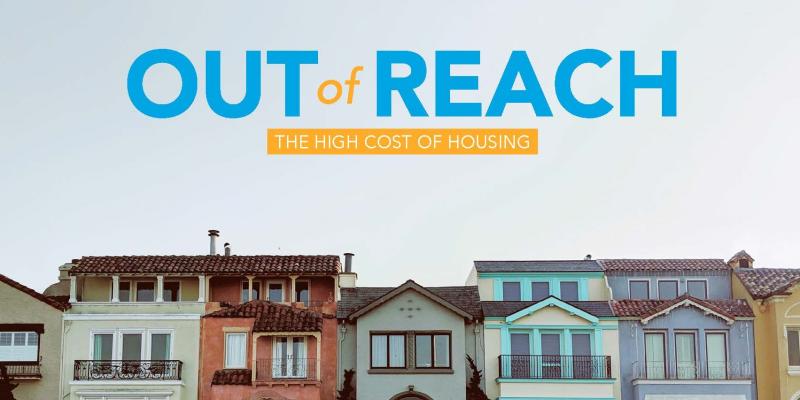
The National Low-Income Housing Coalition (NLIHC) recently released the 2021 Out of Reach Report, examining the gap between the cost of renting and renter incomes across the country. According to the NLIHC, no state has a sufficient number of affordable units to meet the needs of all low- to moderate-income renters, and the COVID-19 pandemic has only made matters worse. While the pandemic impacted housing affordability for all households, the greatest impact was on low-wage earners and people of color. Industries with lower paying jobs such as retail, food service and hospitality experienced the most shutdowns and loss of job, with nearly 10 million of the jobs lost in 2020 held by low-wage workers. Additionally, people of color experienced greater rates of job loss: 49% of Black adults and 58% of Latino adults, compared to 39% of white adults.
The economic recovery has also been uneven across various populations. While the national unemployment rate decreased from 14.8% in April 2020 (13.5% in North Carolina) to 6% in March 2021 (5.2% in North Carolina), economists at the Federal Reserve estimated that low wage workers, disproportionately people of color, still faced an unemployment rate of 22% as of February 2021. And even as workers are able to regain employment, they will likely remain burdened with substantial debt. With 10 million low-income renters already paying more than half of their income on rent, it is unlikely they will be able to afford both ongoing rent alongside past due rent and bills. Per the CDC’s new temporary order, which went into effect August 3, evictions are halted in counties with “substantial” or “high” community transmission to help prevent the spread of COVID. While this protects some households, housing affordability will become even more urgent in areas not covered by the moratorium.
According to the Out of Reach report, a rental household in North Carolina would have to earn $18.46 an hour in order to afford a two-bedroom unit at the fair market rent of $960. The state’s housing wage assumes that the household pays no more than 30% of their income on rent and utilities and they are able to find a unit for $960. North Carolina has the 29th highest housing wage out of all 50 states.
However, housing prices vary widely, depending on location. As an example, a household living in Asheville would need to earn at least $24.60 an hour to afford a fair market two-bedroom unit at $1,279. At the current minimum wage of $7.25 an hour, a person would need to work 2.2 full time jobs or 86 hours a week to afford a one-bedroom apartment for $811, the fair market rent.
The NC Housing Finance Agency aims to help address the affordable housing shortage through a variety of programs and partnerships. You can find out more about the Agency’s programs here.